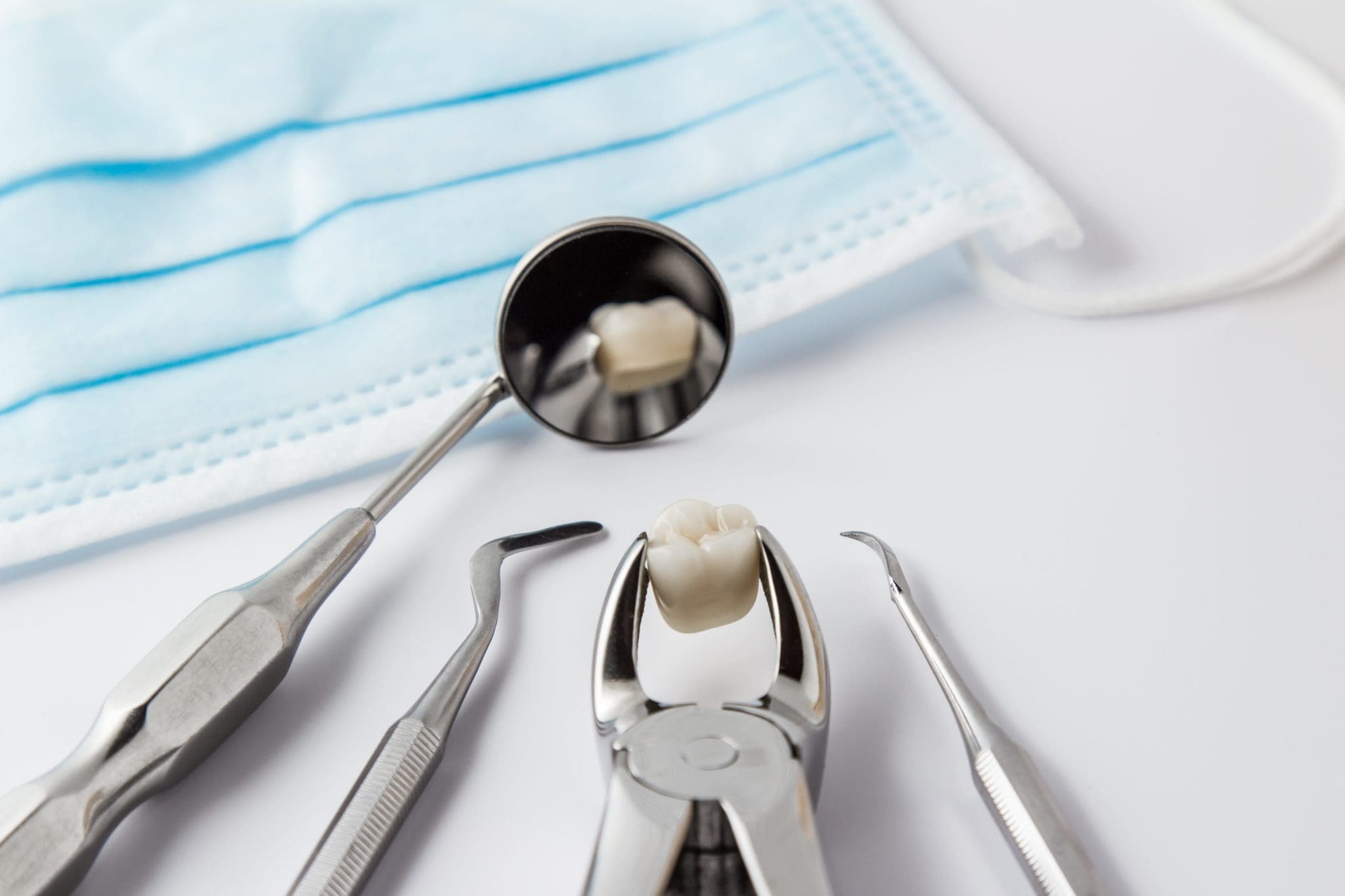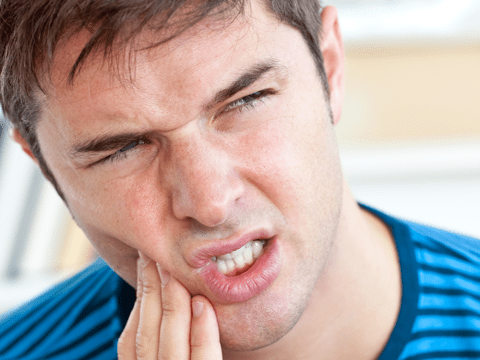Removal of Teeth & After Care
What exactly is it?
Call us on 4625 4897
Removal of teeth & After care
What exactly is it?
Call us on 4625 4897
Removal of tooth in Campbelltown
Although permanent teeth were meant to last a lifetime, there are a number of reasons why removal of teeth is necessary. The most common reason is tooth decay – causing toothaches or abscesses. However, gum disease, orthodontic treatment or impaction (often wisdom teeth) may also require teeth to be removed.
Before removal of a tooth
Our dentists recommend that, unless we advise otherwise, you should eat before coming in to your dental appointment. The dentist will answer all of your questions and discuss the process with you so you know exactly what to expect and feel comfortable with the proposed treatment.
DON’T STOP taking your blood thinning medication for a dental appointment. Call us first for advice.
After removing a tooth
- You should plan to have a quiet day at home after the appointment.
- You should ensure you have soft foods to eat for a few days afterwards, eating on the other side of the mouth until the wound heals.
What to do after tooth removal
Home care instructions:
- After leaving the dentist, keep biting firmly on the gauze pillow for another 10 minutes
- Start taking standard painkillers as soon as you can
- If you can take aspirin or ibuprofen medicines, then take 1-2 every 6 hours for the first day.
Don’t take more than 6 Aspirin/Ibuprofen pills in a 24 hour period.
Examples of aspirin – Disprin, Aspro: Examples of ibuprofen – Nurofen, Advil
OR
- If you take paracetamol medicines, then take 2 every 4 hours.
Don’t take more than 8 Paracetamol pills in a 24 hour period.
Examples of paracetamol – Panadol, Panadeine.
(Call us if you are not sure about what to do. Business Hours: 4625 4897 or After Hours – contact your local hospital)
- Rest quietly for the rest of the day; don’t do any physical activities. Do not to rinse for 24 hours. If you are still getting heavy bleeding after a few hours, then get out the sterile gauze pack we gave you and bite down on a gauze pillow for at least 10 minutes
- The day after, you may start to rinse up to 3 x a day using a teaspoon of salt in ½ a cup of warm water. Rinse very gently
-
If you have been given antibiotics, then take them regularly, as prescribed
- The following day after the extraction, if you have been given a chlorhexidine mouthwash, then use it 2 x times a day for 4 days. Don’t use Listerine-type mouthwashes
-
If you have been given Cyklokapron tablets to help your blood clot, DO NOT SWALLOW them. Dissolve 1 tablet in about 10ml of water, rinse around your mouth for 1 full minute, and then SPIT OUT. Do this 4 x a day for 4 days (16 tablets in total)
- If you have been given stitches, then these will dissolve in 10-20 days
A soft food diet is recommended while you are in the early healing phase
Dry Socket
After a tooth is removed, a blood clot forms in the socket to protect the bone and nerves underneath while healing occurs. If the blood clot breaks down too soon, dry socket will occur usually about 3 or 4 days after the extraction. At this point, the wound becomes very sore. If you think this is happening to you, please call the receptionist so we can get you back in to place a dressing where the blood clot was, relieving the pain while the wound heals.
FOLLOW UP: The receptionist will call you, usually after 10am, on the next working day to check on your progress.
If you have any problems after your extraction, please ring Family Dental Care on 4625 4897 first. Medical doctors do not always know how to best handle dental problems.
For EMERGENCIES contact your local hospital, Campbelltown Hospital PH: 4634 3000 or ring 000.
Examples of serious emergencies are excessive bleeding or increased swelling of your face.
Any surgical or invasive procedure carries risks. Before proceeding you should seek a second opinion from an appropriately qualified health practitioner.



